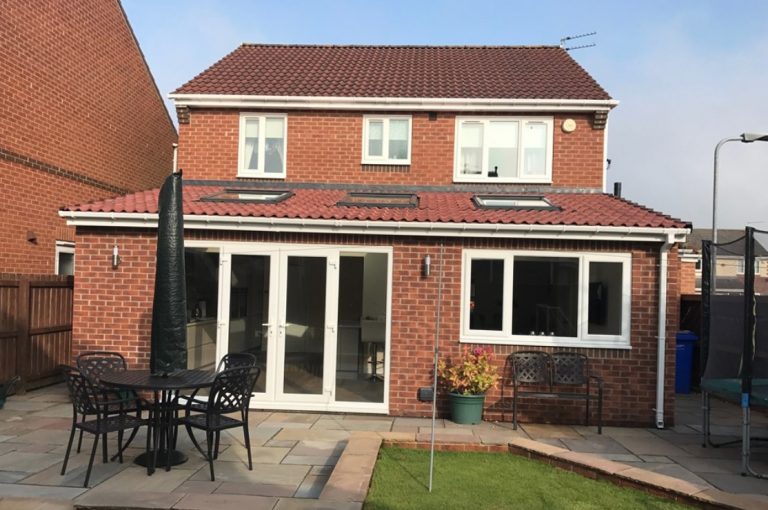As your family grows, it’s only a matter of time before you run out of living space. When you get tired of residing in cramped quarters, you have two options: move or build an extension. While moving may seem like the easier solution—after all, you won’t have to live through construction—it will cost you more in the long run.
Instead, a single storey extension may be the most cost-efficient way to make good use of your property.
The cost of an extension
Any extension, no matter the size, will come with a steep price. This project requires a lot of planning and building to execute. On average, you’ll end up spending about £17,000 for a small single storey extension, while a larger project may set you back up to £45,000.
Labour is a huge part of the budget. Most tradesmen charge about £150-250 per day, and the project may last for 7-12 weeks. You’ll also need to hire several traders to complete the job, including an architect, structural engineer, plumber, or electrician. Most projects also involve the expertise of a plasterer, tiler, and floor fitter.
Boost your property value
Increasing the living space of your home nearly always has a positive effect on your property value. However, there are a few things to consider. For example, you don’t want to have the biggest or most expensive house in the neighbourhood. If you do, you may limit potential buyers.
You should always check with an agent to determine how much a single storey extension will boost your house’s value. Staying on budget and minimising costs is the best way to get the most out of your investment.
If you’d like to know more about home extensions be sure to check out Supa Group.
Single storey or airspace?
Adding a single storey extension lets you build outward. It’s the ideal choice if you want to make your living room larger, expand your kitchen, or add a dining area. However, not every homeowner has the space needed to allow for this type of build.
If you are short on space but still desire more room, you should consider the airspace above your home. You may not realise it, but you can build above your roof. In the UK, homeowners can often build 500 to 1,000 feet above their roof space level. Developing the airspace will not only provide you with more livable space, but it can also become an investment property.
Once you decide to invest in the airspace, you’ll create an area that others may find desirable. As finding affordable housing options becomes more difficult, you may be able to convert the space into lofts or a penthouse. The money you put into the airspace will turn into a long-term money-maker.

0 Comments